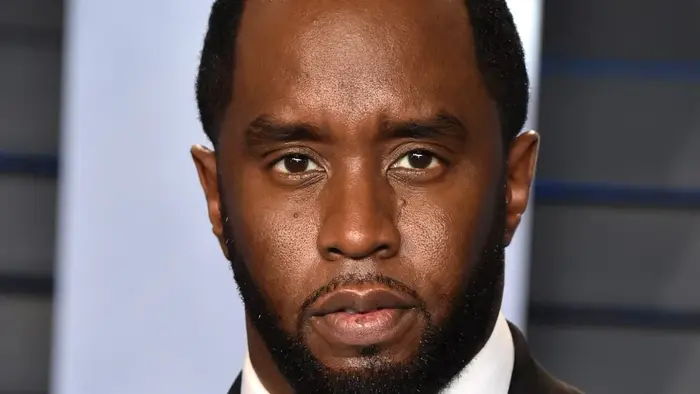T4K3.news
Kent councillor faces trial over inflammatory remarks
A Labour councillor denies encouraging violent disorder after remarks at a counter-protest in Walthamstow last year.
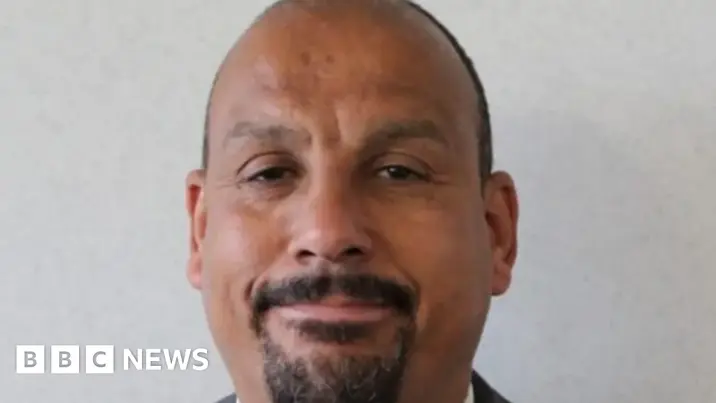
A Labour councillor in Dartford denies encouraging violent disorder after remarks at a counter-protest last year.
Kent councillor Ricky Jones said he spoke in heat of the moment
A video shows Ricky Jones, 58, addressing a counter-protest in Walthamstow on August 7 last year. He calls the demonstrators "disgusting Nazi fascists" and adds "we need to get rid of them all". The clip circulated online and led to his suspension by the Labour Party. Jones, who was a full-time official for the Transport Salaried Staffs Association at the time, says the remarks were ill advised and not meant to incite violence. He told authorities the comments were made in the heat of the moment and were not planned.
Key Takeaways
"disgusting Nazi fascists"
Jones addresses the counter-protest in Walthamstow
"we need to get rid of them all"
Same speech addressing the crowd
"I was extremely sorry"
Statement to police after the incident
"If I get emotional or distracted I say things I do not always mean"
Jones on his ability to control remarks
Prosecutors say the speech was rabble rousing in a setting where violence could be anticipated and that Jones was aware of the national climate. The defence points to a late invitation to speak and to medical assessments noting neurodivergent traits that may influence impulsive remarks, while stressing that Jones has held senior public roles. The case raises questions about political accountability, the boundaries of protest rhetoric, and how parties respond when a local figure crosses the line. The outcome could shape how communities weigh free expression against the duty to prevent incitement and harm.
Highlights
- Words in charged moments outpace judgment
- Public trust hinges on how leaders respond to provocation
- A late microphone does not erase responsibility
- Accountability follows what you do after the scene
Political and public reaction risk
The case touches on political accountability and could trigger backlash from supporters and opponents, as well as broader public debate about incitement and protest policing.
The case will test how leaders balance accountability with a measured response to inflammatory rhetoric.
Enjoyed this? Let your friends know!
Related News
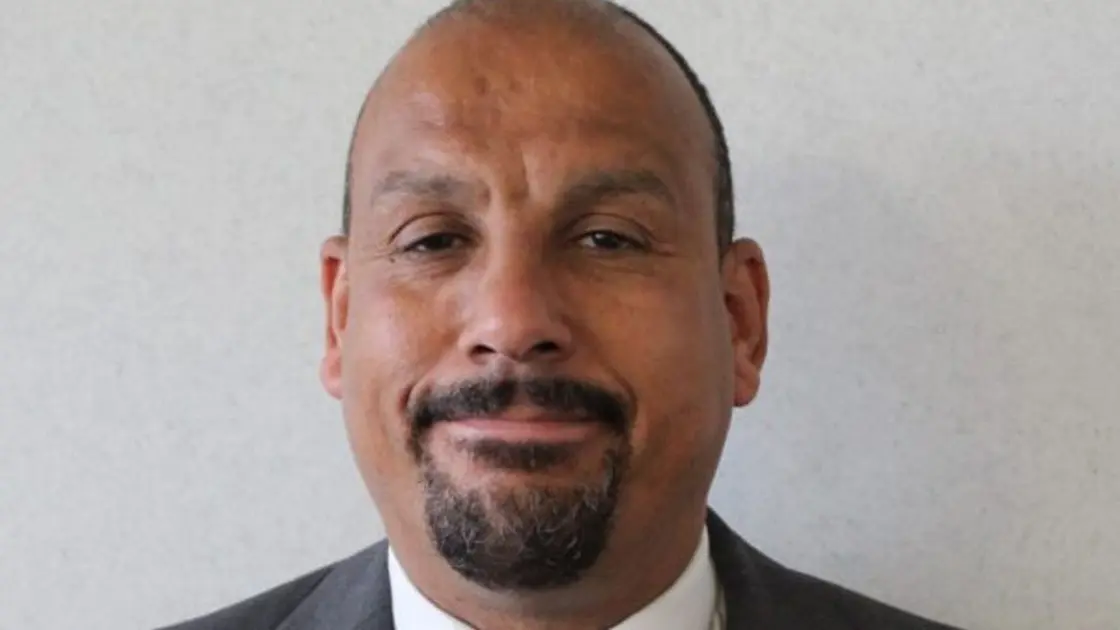
Labour councillor faces violent disorder charge
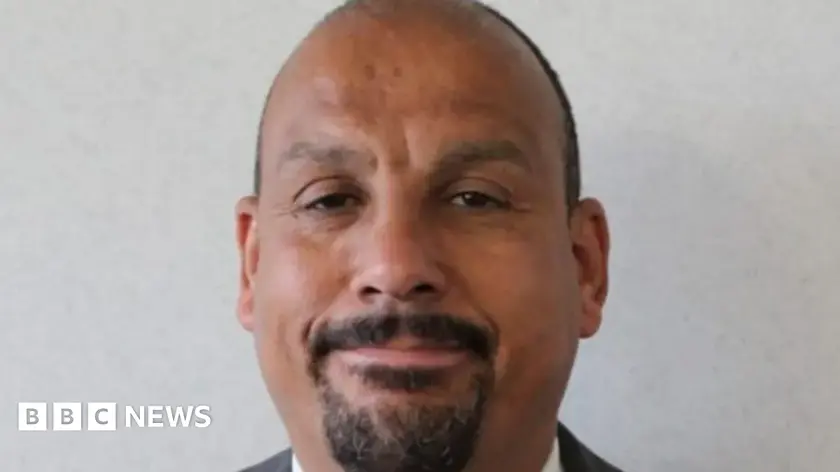
Ricky Jones faces court over protest remarks
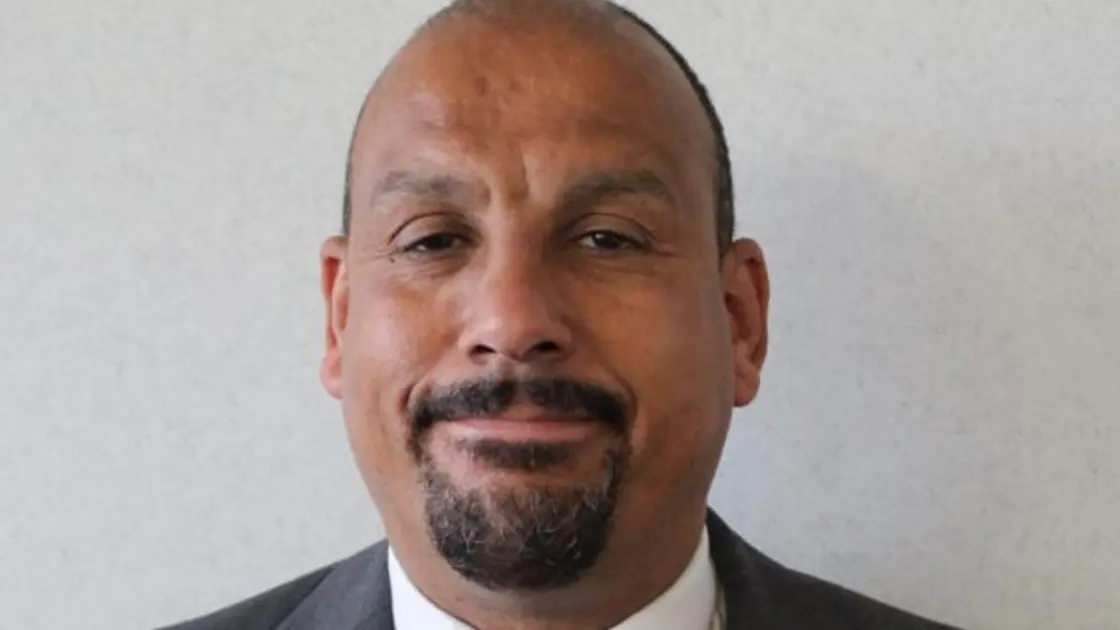
Labour councillor acquitted after protest remarks

Weston-super-Mare pier at risk as funding gap grows

Kardashian Struggles as West Makes Controversial Remarks
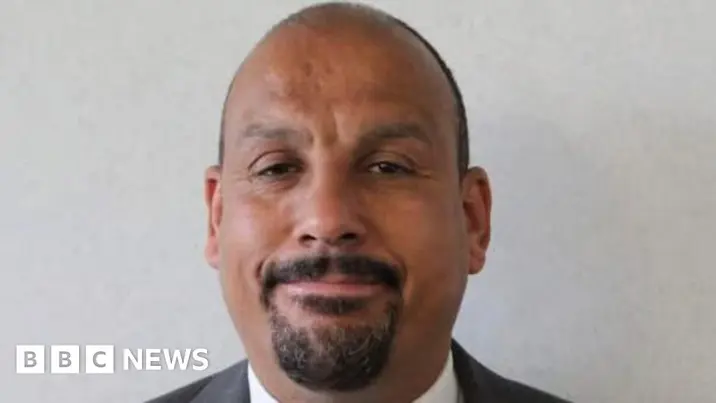
Ricky Jones cleared in verdict

Labour reinstates MP amid WhatsApp row

Bristol City Council launches EV charging test
